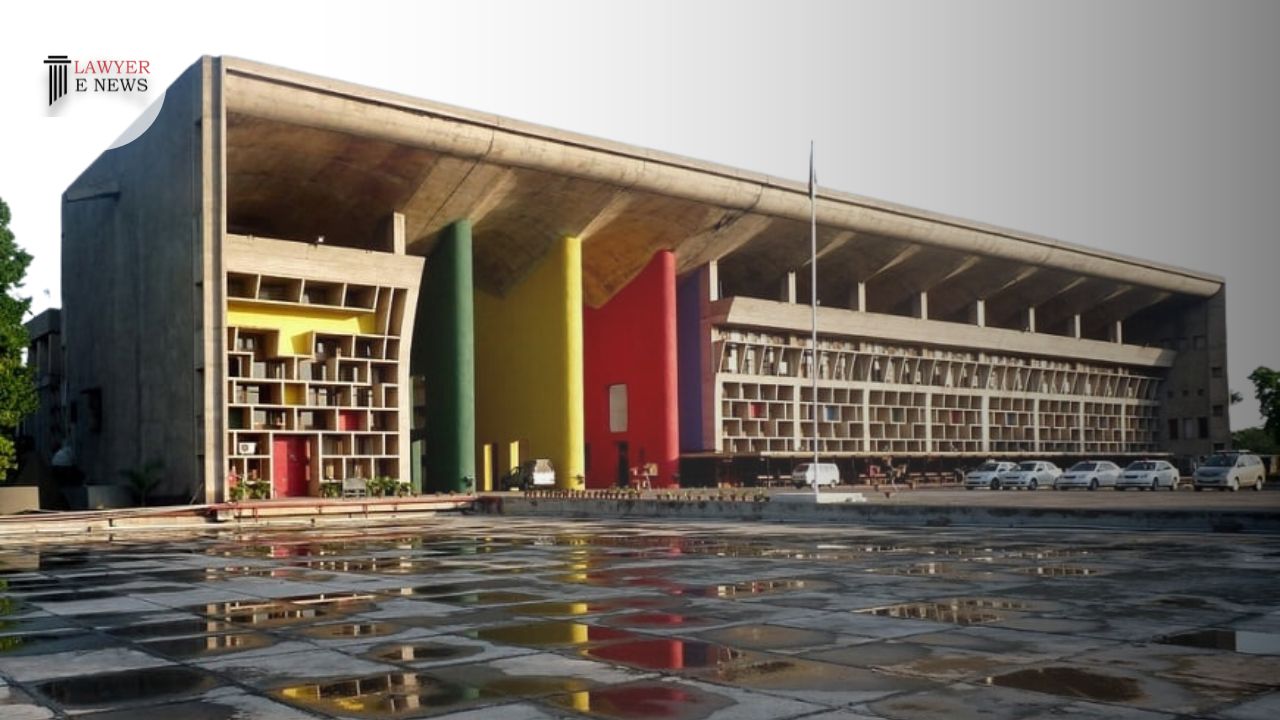-
by sayum
14 February 2026 2:22 PM



In a recent judgment, the Punjab and Haryana High Court dismissed a petition alleging fraud and forgery in a property dealing business. The petitioner, Harbir Singh, had filed the petition seeking to set aside the orders passed by the lower courts and summon the respondents, Babu Ram and another, to face trial in a criminal complaint. Justice Gurbir Singh, while delivering the judgment, stated, “Mere non-execution of a sale deed after receiving money does not automatically give rise to criminal liability. The intention to cheat must be established at the time of entering into the contract.”
The petitioner claimed that the respondents had deceived him by providing a power of attorney instead of a registered sale deed for a plot of land. He further alleged that the respondents had committed fraud and forgery by refusing to execute the sale deed after receiving payment. However, the trial court and the sessions court had both dismissed the complaint, stating that the non-execution of a sale deed does not give rise to criminal liability.
Justice Gurbir Singh, while delivering the judgment, stated, “Mere non-execution of a sale deed after receiving money does not automatically give rise to criminal liability. The intention to cheat must be established at the time of entering into the contract.” The court emphasized the distinction between breach of contract and criminal liability, highlighting that breach of contract alone does not warrant criminal proceedings.
Referring to relevant case law, the court held that the facts of the case did not establish the requisite intention to cheat. Citing precedents, the court concluded that breach of contract, without proof of fraudulent intent, does not attract criminal liability.
The dismissal of the petition by the High Court reaffirms the principle that fraudulent intent must be present at the time of making a promise or representation for an offense of cheating. The court’s decision serves as a reminder that a mere breach of contract does not give rise to criminal proceedings.
The judgment has drawn attention to the need for clear evidence of fraudulent or dishonest intention to sustain criminal charges in cases involving property transactions. It provides guidance on the legal distinction between civil claims and criminal complaints in such matters.
Date of Decision: 05.07.2023
Harbir Singhb vs Babu Ram and another
